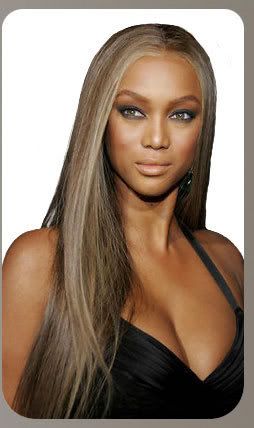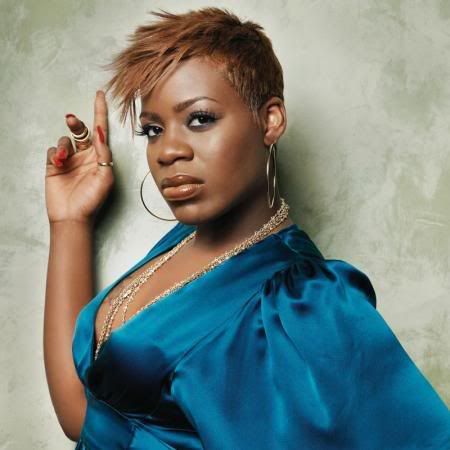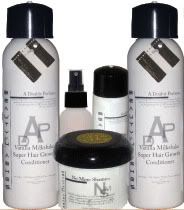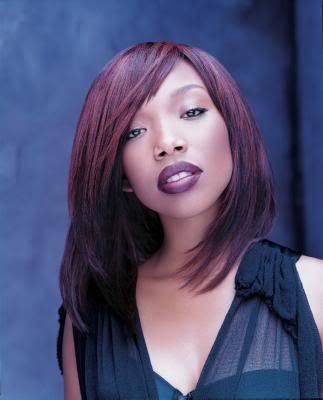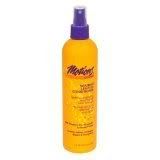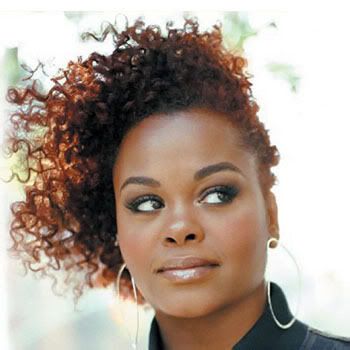
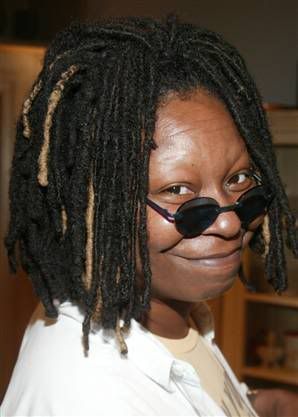
Many women of African descent all over the world have stopped relaxing, straightening, and playing with their hair, and have started embracing the natural look. There are many different reasons why people decided to go natural, whether it is because of hair damage from chemicals, scalp problems, illnesses, finances, hair loss, being tired of spending hours at the beauty salon/weaving lady's house....or simply curiosity. Or, if they're anything like me, others are just looking for something new and interesting to try when it comes to black hair.
No matter why we choose to go natural, it is a very convenient choice when it comes to maintenance, and it is definitely something that our wallets will thank us for.
The site Nappturality.com is a website dedicated solely and specifically to the woman who chooses to go "au natural". The site was created to help those who were simply looking for healthy, beautiful and painless hair solutions, and those who needed to see things that actually worked for others.
Nappturality.com provides photographs, Black natural hair articles and journals, links to websites, forums, other information and links about the care, maintenance and politics of natural hair.
The site is also a community where people discuss and upload their own photos, so if you're already wearing it natural, check the site out...and then come back and tell us about your experience!

